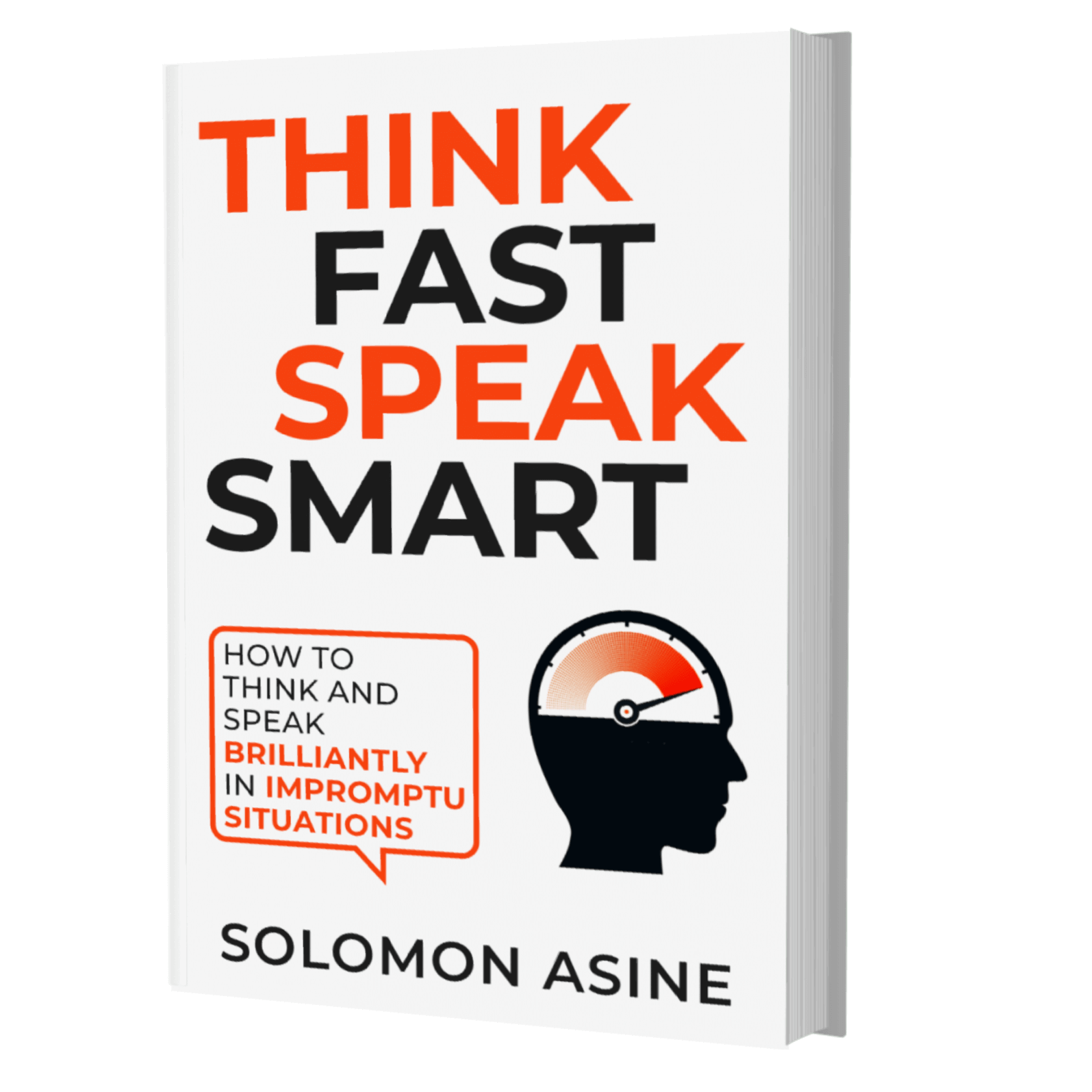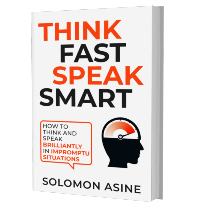
Leaving a Toxic Job: 10 Steps to Get Out
Have you ever found yourself stuck in a job that drains the life out of you? A challenging 9 to 5 job can be difficult
If you are like the average human, you have hopes and dreams, and you want to live a happy and productive life. But some people have the potential to drown your dreams, kill your hope, slow down your productivity, drain your happiness, steal your joy, the list goes on. They have the gift of spreading unhappiness, inflicting pain, and watching other people go down. These are toxic people, and you need to learn how to identify them.
It is essential that you are able to identify toxic people and take the necessary precaution when dealing with them, or better still to avoid them if you can (I say “if you can” because they could be teammates at work, your boss, a close family member, etc.).
Here are some reasons why it is critical to be able to identify and avoid these people.
Every interaction or encounter with a person has some emotional undertone. There is always a transfer of feelings. An interaction can make you feel a bit better or a little bit worse. They are more like a transaction that determines your emotional economy, which I believe you always want to keep on a positive side.
Emotions are contagious. When someone dumps their toxic emotions on us, it tends to activate the same distressing emotions. Anger begets anger; worry begets worry; fear begets fear.
Our social interaction can reshape our brains. Repeated experiences can adjust the shape, size, and number of neurons and their connectivity through neuroplasticity. Which means our relationships have a subtle and lifelong impact on us.
Toxic relationships can slowly poison our bodies, leading to health-related issues.
Now that you know some of the dangers associated with having toxic relationships and people around you, here are seven types of toxic personalities you should look out for.
A moaner is a pity party. They thrive in a low-energy, negative, complaint-stricken atmosphere. They complain about everything; from the government to their partners, to how they look, to traffic, I mean everything. They love empathy and sympathy. When you are around a moaner, it feels like the weight of the world is on your shoulders. A moaner will get hateful and angry with you when you share your goals and successes with them. They are very prone to jealousy. These people will drain your energy out of you. Please stay away from them.

In the eyes of a nitpicker, every other person is bad. They are quick to judge others without a reasonable cause. When you try to tell them the good that you see in someone, they brush it off and tell you why they are not good enough. Guess what, in your absence, they are going to talk bad about you to other people. The attitude can also be contagious over time, stay clear of these individuals; they are not worth the time.
The Naysayers have a very strong negative antenna. They see the negative in everything and every situation. These individuals are terrible at given feedback. Even when you think something is good, they can tell you that it sucks, even when there is no justifiable reason. Caution: don’t mistake someone giving genuine feedback for a naysayer. For naysayers, this is a habit. they are toxic people.
The whitewasher is the individual who always has a better version of what you have or had a better experience of what you experienced. For example, you tell them that you were in Paris on vacation, and they immediately tell you how they had an excellent vacation in Paris or somewhere better. You tell them you bought a car and they tell you about a better car they want to buy. You tell them that your wife is a good cook and they tell you about an excellent dish that their wife made.
Note: It is not a bad thing to share similar achievements and experiences during a conversation, but in this case, the whitewasher’s intention is not to relate with you but to override you. Be careful with these individuals.
The killjoy derives pleasure in shooting down your ideas, suggestions, or opinions. They have the perfect reason why you are wrong. You tell them, “I think the sofa looks good on this side of the room,” and they tell you, “Have you tried putting it on the other side.” You tell them about the brilliant idea that you have, and they tell you why it will fail. Your conversation with them resembles what Gretchen Rubin calls the “oppositional conversational style,” they disagree with and correct whatever you say. Killjoys are toxic. If you are working on your self-esteem, these are the kind of people you want to steer clear of. They make you feel like you are not good enough. They undermine your effort and your work. Avoid them.
Control freaks are relentlessly controlling. These individuals are keen on controlling you. They want to dictate what you do, what you say, how you say it, what you think. The control freak freaks out when you disagree with them. You can’t tell them that they are wrong. If you are not careful, you may forget who you are when you always hang out with a control freak. When you are with them, you lose your potential and your self-expression.
Conversational Narcissists are those people who can’t stop talking. These individuals have verbal diarrhea or logorrhea. When you are having a conversation with a conversational narcissist, you rarely find the opportunity to chime in. They don’t allow you to say anything. They are more interested in what they have to say than how you feel or what you think. At the end of your time with a conversational narcissist, you are exhausted because you expend a lot of energy trying to listen to them.
Please note that if someone in your life has been good and supportive for a long time, don’t dismiss them as toxic because they momentarily displayed a toxic attribute. What you should do in such a moment is to query the situation. Ask questions like, “Have they ever done this before?” “Why did they act in such a manner?” “Am I misinterpreting their action?” These questions will help you put things in the right perspective.
It is important to remember that the quality of your life is determined by the quality of people you have around you. When you have toxic people around you, they stifle your progress and suffocate your dreams. The above traits can help you identify toxic individuals, so you can make better a decision when choosing your associations. This is essential because you need good people around you to go through life. Research has shown that the support of others is the single best factor in predicting human resilience. And, according to Marcus Tullius Cicero, friendship improves happiness and abates misery by the doubling of our joy and the dividing of our grief.
To empower you to cultivate a strong self-esteem that transforms your relationships and equips you to overcome life’s obstacles with resilience
New!!! Free Training Replay in...
Check out our latest articles. Boost your social intelligence

Have you ever found yourself stuck in a job that drains the life out of you? A challenging 9 to 5 job can be difficult

You can express yourself confidently without feeling shy or experiencing burnout. Here is how to exude confidence as an introvert. As an introvert, maintaining your

Anyone, including introverts, can live an interesting and fun-filled life. Here is how to be interesting as an introvert. Generally, many people believe that introverts

We sometimes wonder if going into a relationship with a fellow introvert is a good idea. I mean, won’t the relationship be as boring as hell? Maybe not really!

Are you ready to get out of your shell to start your dream business? Here is how to be an entrepreneur as an introvert and become successful!

As an introvert, you might be wondering if you really can become successful as a business owner. Read on to know how business success works for introverts.

Sign up for our mailing list and you will receive the first chapter free!
By signing up, you agree to our terms and privacy policy.
Warning: Apply The Methods in This Training Responsibly

Sign up for our mailing list and get the first chapter for free!
By signing up, you agree to our terms and privacy policy